The COVID-19 global pandemic has revealed to us a lot of things. Like, some meetings really could’ve been emails instead, some governments are more efficient than others, and obedience to rules and regulations really do come a long way! But you know what else this situation has shed a light on? Sometimes, common sense and common decency aren’t so, well, common.
In fact, apart from updates on the global health crisis, you’ll find many facepalm-inducing occurrences all over the Internet. I’m sure you’ve probably asked more than once, “what is wrong with some people?” But here’s the thing — you actually might be one of those people! How so, you ask? Read on to find out if you’re guilty about any of these definite no-nos amidst a 21st-century pandemic.
Also read: Facts vs. Myths: What You Need to Know About the New Coronavirus
1. Posting about your #FirstWorldProblems
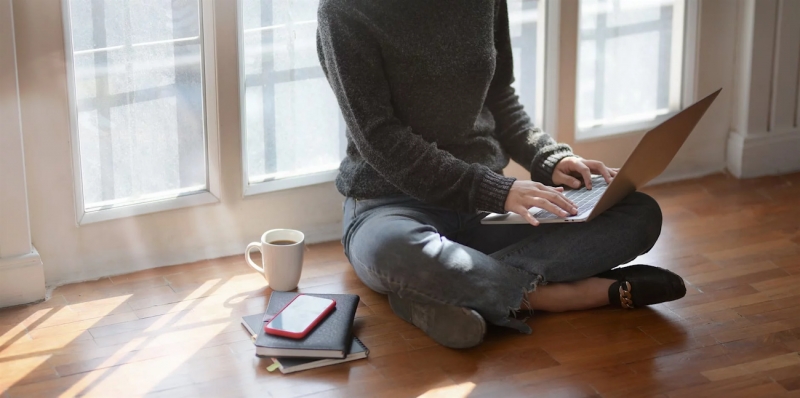
What’s that — you’re annoyed because your trip to Japan got cancelled (even though the airline offered a refund)? Or, don’t tell me, you hate quarantine for getting in the way of your social life? Wait, you’re bummed that you don’t have any new content for Instagram since you haven’t left the house in days? Hmm, no? Is it all of the above then?
Well, here’s all I can say — geez, Susan, people are dying! Now is definitely not the time to go off about your shallow problems. Sure, it’s okay to vent every now and then; we’re only human, after all. But if you must vent, perhaps just message it to your private group chat with friends. For the sake of decency and consideration, you know?
2. Taking YOLO to a whole different (and fatal) level
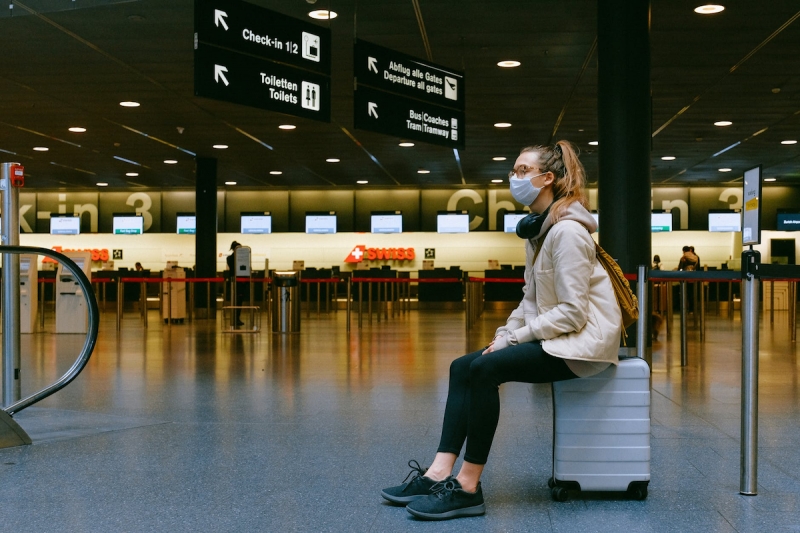
This goes out to the people who pushed through with travel plans, despite news of rising COVID-19 cases in the area. But you know what’s the worse part? These same people are also the ones who brush off warnings with an “I’m young and healthy, so I probably won’t die even if I catch the coronavirus.”
Okay, here’s the thing, Randy. Your immune system might be in tiptop condition, but other people’s are not. You never know whose other lives you’ll end up putting in danger. And no, it definitely doesn’t matter whether it’s a stranger’s or a loved one’s. In case you’ve missed the news, we’re dealing with a highly contagious global pandemic here.
Yes, your devil-may-care attitude might be amusing if this were a different context. But seriously, now is not the time to go all YOLO (or whatever it is that younger kids say these days).
Also read: Covid-19 Travel Bans Around The World
3. Lying about your travel history
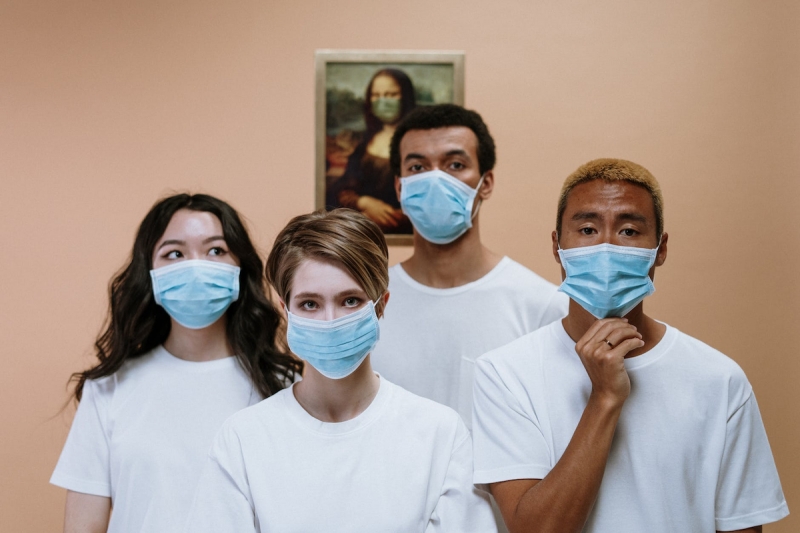
This is applicable to those who are getting tested due to symptoms of COVID-19 — especially those who travelled recently. For the sake of all things good and true, please be honest when answering questions at the hospital. We’re all deeply anxious about this global pandemic — some more than others. The least you can do is to be completely transparent to the people who are doing everything they can to save lives. So, let us all help one another out, shall we?
4. Forgetting to #CheckYourPrivilege
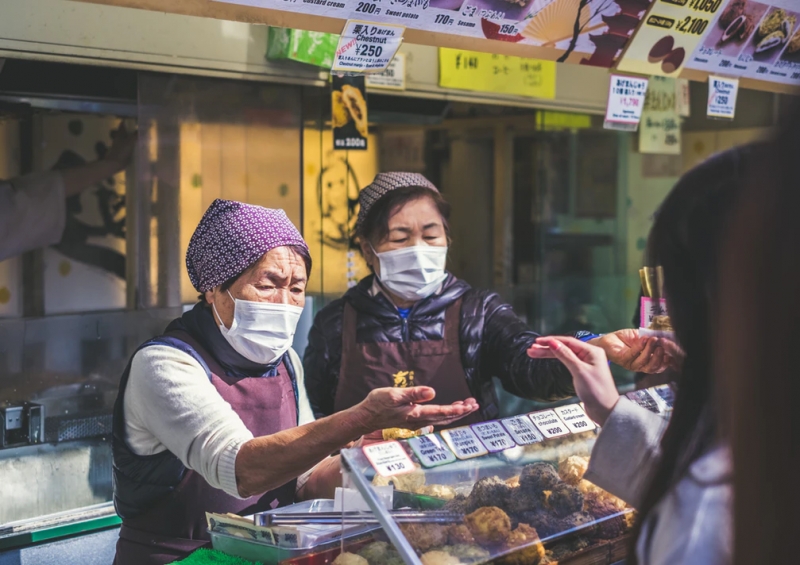
If you can put your travel plans on hold and stay put, then other people totally can too, right? Nope. The statement “just stay at home” might be especially true, but it’s clearly not an end-all, be-all. Some people have no choice but to go out and keep working because they have to. Whether it’s part of their job or it’s to provide for their families, either way, they have to. In short, not everyone is as privileged as you are.
The line “check your privilege” has been a thing since the mid-2010s. And yet even in this new decade, there’s still a need to instil this in some people. So, for everyone’s reference, I’ll cite some examples of not checking your privilege. This includes, but isn’t limited to: judging and looking down on people who insist on going to work; making inappropriate jokes about people in dire need; and being rude to healthcare workers, grocery staff, bank tellers, delivery people, technicians, and such.
Come on, guys, these people are risking their lives just to be able to keep providing society’s needs. The least we can do is respect, empathise, and maybe even help out by donating. In short: don’t judge people who enable your privilege.
5. Talking about bright sides and silver linings
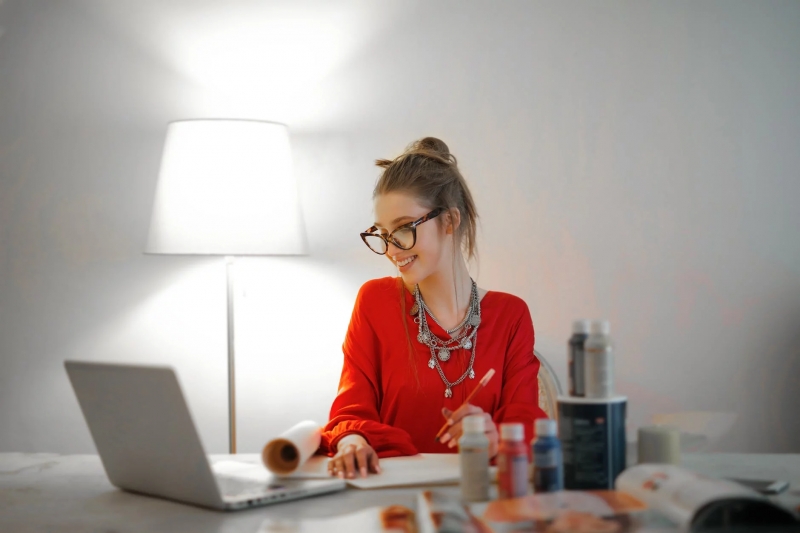
In relation to my previous point, it’s also quite disturbing how some people are saying there’s a bright side to all this. Yep, never mind the fact that it’s literally a global pandemic. (To those who are guilty of such: please read those two italicised words out loud, then repeat twice more, for good measure.)
Don’t worry, I get it. It’s nice to finally have more time for your hobbies, as many things have been postponed. To some, it’s a breath of fresh air being able to embrace their introversion, without their friends giving them flak. For most of us who are working from home, we can finally spend more time with our families. But no matter how grateful you feel about these things, remember that not everyone feels the same! Again, some can’t even do these even more so, since they have to work twice harder than they often do.
So yes, it’s okay to appreciate these things and spread some positivity. It’s also okay to talk about your hobbies — hey, you can even share them online to lift up other people’s spirits! But please, please think twice before dropping terms like “bright side” and “silver lining.” Because as far as the COVID-19 pandemic is concerned, there isn’t.
6. Saying that mankind is “the real virus”
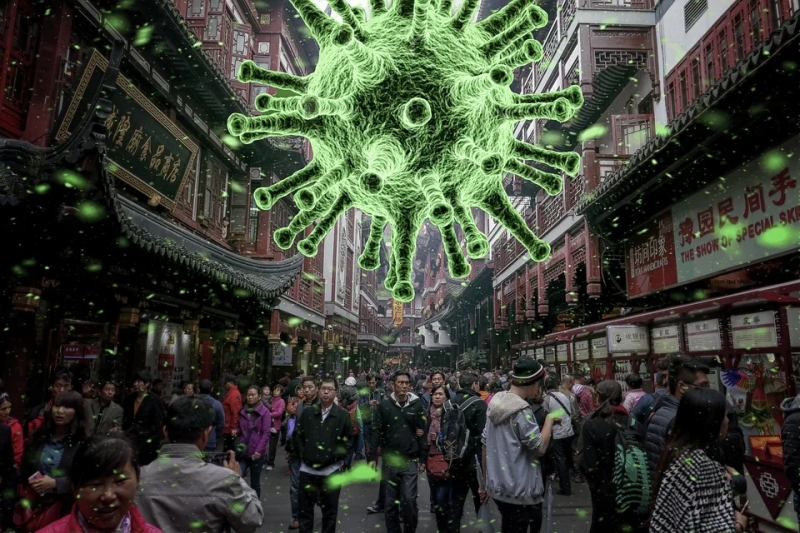
I’m sure some of you’ve seen people sharing news about swans returning to Venice, elephants happily passing out in a tea garden in China, and such. All these, by the way, are fake (or at least inaccurate) news. Yikes!
And as if that isn’t cringe-worthy enough, they just had to add that the absence of humans outside is good for the environment. In fact, maybe it’s actually us humans who are the real disease, and not, I don’t know, the COVID-19 pandemic? Look at how nature is healing, they say — as if climate change will be gone in a snap, that easily. (We hate to break it to you, but we’re still going to have to talk about that problem after this one.)
Thanos from Avengers called — he wants his script for misanthropic monologues back!
Seriously, it’s understandable that some of us are trying to find a deeper meaning behind this global pandemic. After all, it has caused (and is continuing to cause) pain and suffering. So maybe there’s a reason why this is happening, right? Well, could be true, could be false. Nonetheless, please save the “philosophising” for other matters — or at least do so in a way that doesn’t come off as insensitive.
7. Making things worse by adding to the problem
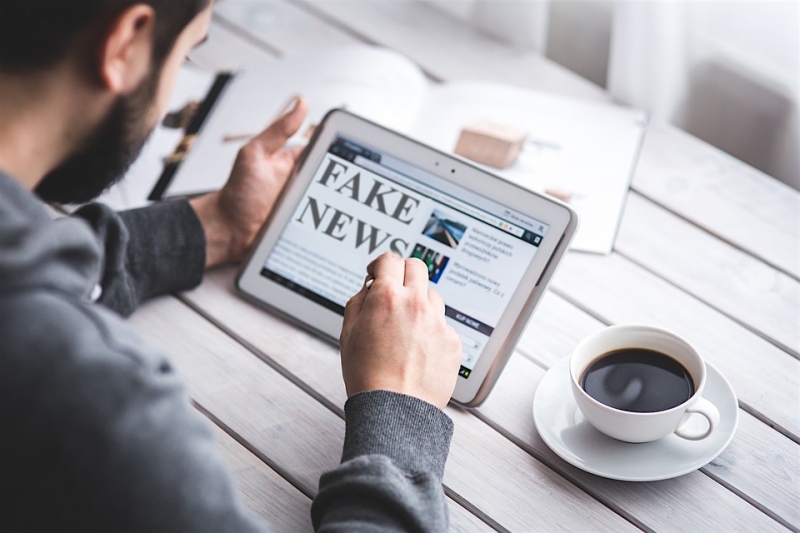
Let’s be real — sometimes, fake news is even deadlier than the virus itself. Don’t believe me? Take a certain world leader, for instance, who actually advocated for bleach (yes, as in the liquid thing that people use to clean houses) as a cure for COVID-19. And guess what? Some. People. Actually. Believed. It. Let that sink in, folks.
Over the past few weeks, there has been a surge in Google searches about bleach and whether or not you should drink it. Naturally, there have been tons of articles explaining why you really shouldn’t. And mind you, these are targeted to an audience with a high school diploma at the very least!
But apart from this plague of misinformation, you know what’s worse? Disparaging sources of accurate information.
Those people who work round-the-clock (and sometimes even risk their lives) just to keep you updated on what’s happening in the outside world? With a team that actually fact-checks every detail first, before putting it out there? I don’t know about you, but these people deserve better than being lambasted for simply telling the truth — which, yes, is hard to accept sometimes. But hey, it sure helps keep people safe and well-informed now, doesn’t it?
8. Spreading toxic positivity
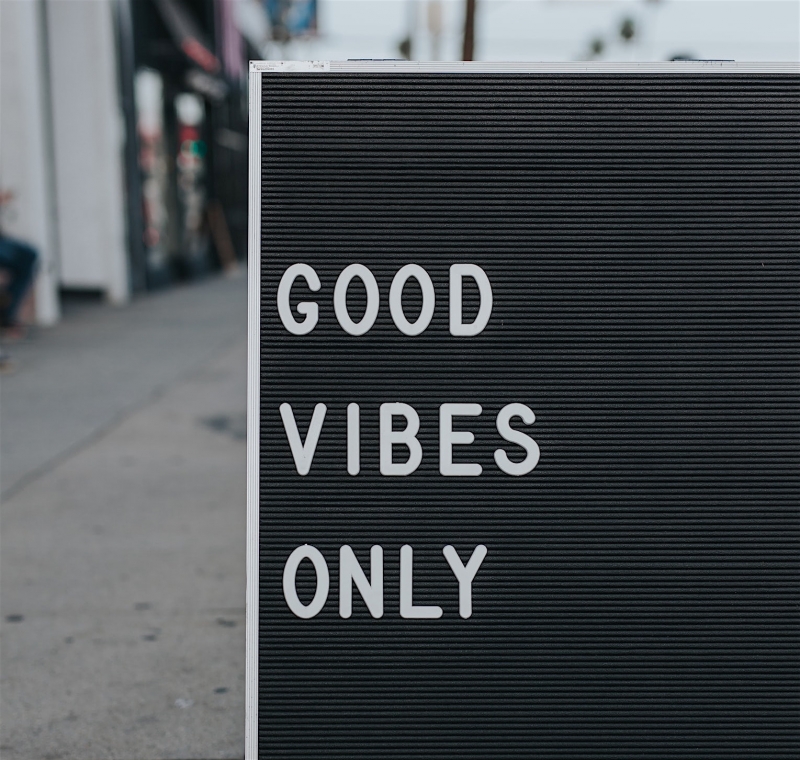
You know those people who say (or post online) things like, “it’s all going to be fine” or “all we have to do is believe and keep smiling” every time there’s bad news? As if everything is going to fall into place that easily — without effort from everyone’s end. News flash: that’s toxic positivity and it’s not helping at all.
While it’s good to remain hopeful despite terrible things happening, we must also remember that action is needed from our end too. Whether it’s donating to frontliners, following social distancing rules, or even simply spreading credible news via social media; every little thing counts!
And as for those people who can’t seem to say anything except “pray, pray, pray”? Man, do I have news for you! First of all, not everyone shares the same religious views as you do. So, what you’re doing is sort of like telling vegans to eat meat just to keep their energy up. Second, while spiritual nourishment is indeed helpful, it’s not an end-all, be-all. (I mean, people still need to eat, for starters).
Finally, I hope you’re not actually desperately relying on a miracle from a divine being. Whether or not miracles exist is a subject for another time (and in case you were wondering, no, I’m neither an atheist nor agnostic). But the point remains that us, mere mortals, still need to do our part in eradicating this pandemic. Frontliner or not, we can certainly do a lot better than just rely on divine intervention.
Also read: Highly Contagious: Coronavirus, Racism, and Xenophobia
If you have to ask whether or not you’re being insensitive, then it’s better to ask for a second opinion. Because whether we like it or not, we need to be extra careful about posting/saying/doing anything during a time like this! I suppose the rule of thumb here is — ask yourself, if you were in someone else’s less convenient shoes, how would you feel? If the answer is anything less than ‘okay,’ then better not do it.
With the COVID-19 pandemic, the whole world is already in enough panic and suffering as is. The least we can do is to make an effort to be kinder to one another — even in the littlest things! Until then, I hope this illuminates a lot of people in these dark times.






